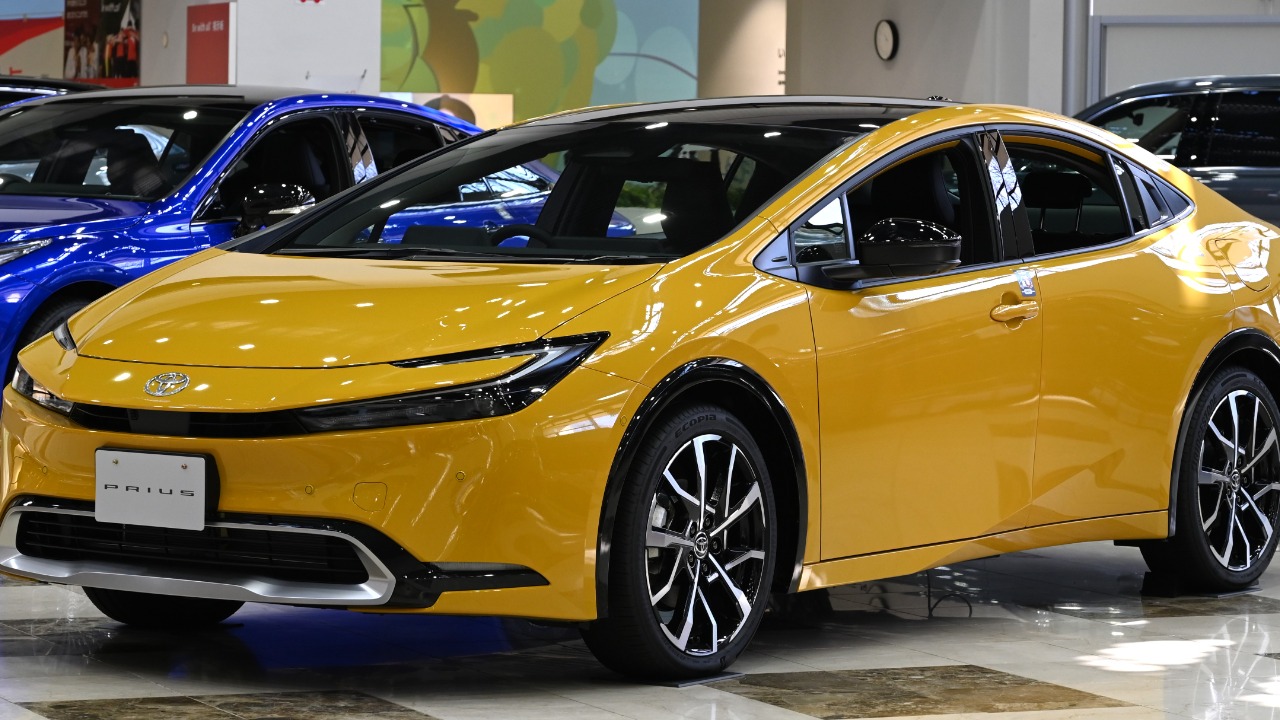
The automotive market is ever-evolving, and some vehicles depreciate faster than others. While it’s natural for cars to lose value over time, certain models are seeing their worth halve in just two years. Whether it’s due to technological advancements, market saturation, or shifting consumer preferences, these vehicles are depreciating at an alarming rate.
Luxury Sedans

Luxury sedans, like the BMW 7 Series, have seen significant depreciation. While they offer advanced technology and sumptuous interiors, their initial high sticker price means they lose value quickly. The luxury car market is saturated, and consumers often prefer leasing over purchasing, leading to rapid depreciation.
Additionally, the rise of electric vehicles and changing consumer preferences towards SUVs have impacted luxury sedan values. These shifts, along with high maintenance costs, make luxury sedans a prime example of vehicles losing half their value by 2027.
Compact SUVs
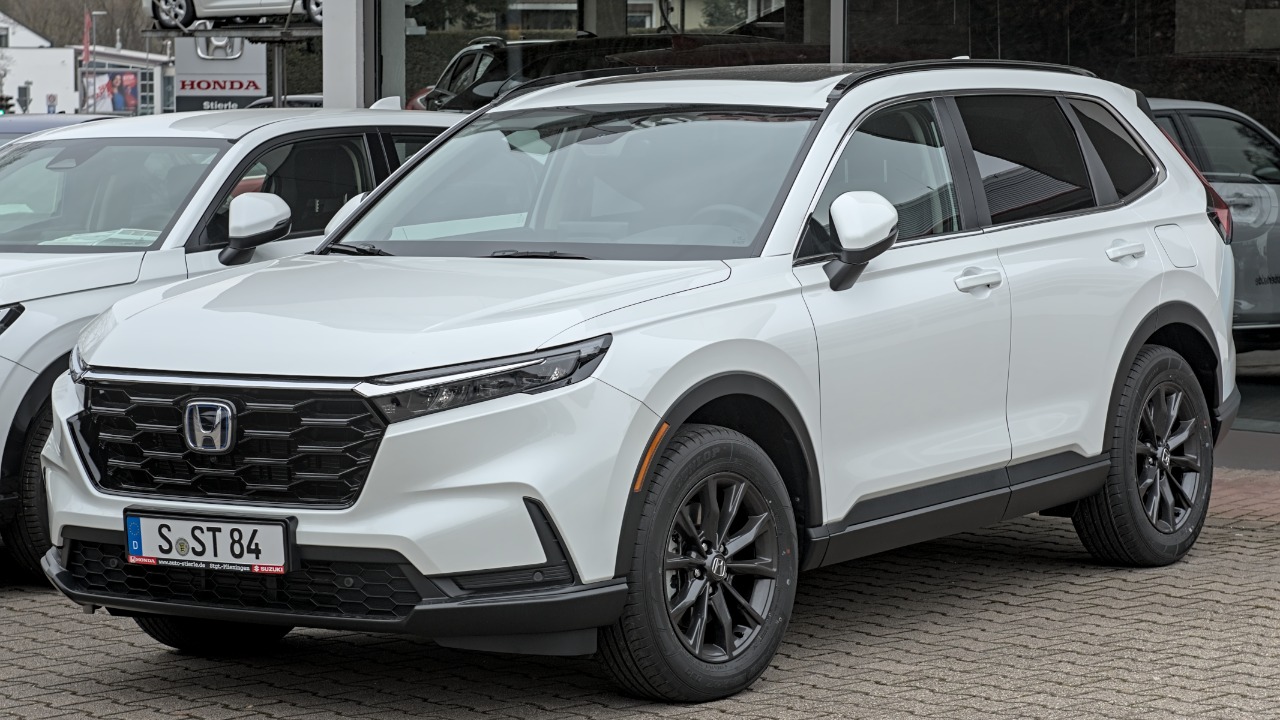
Compact SUVs such as the Honda CR-V are popular for their practicality and size. However, with the automotive market flooded with new models, these vehicles are depreciating faster than anticipated. The competition is fierce, and newer models often come with improved features and technology.
Many consumers are turning towards hybrid or electric options, leaving traditional compact SUVs lagging behind in resale value. The rapid introduction of new models further accelerates their depreciation, with many losing half their value within two years.
Electric Vehicles
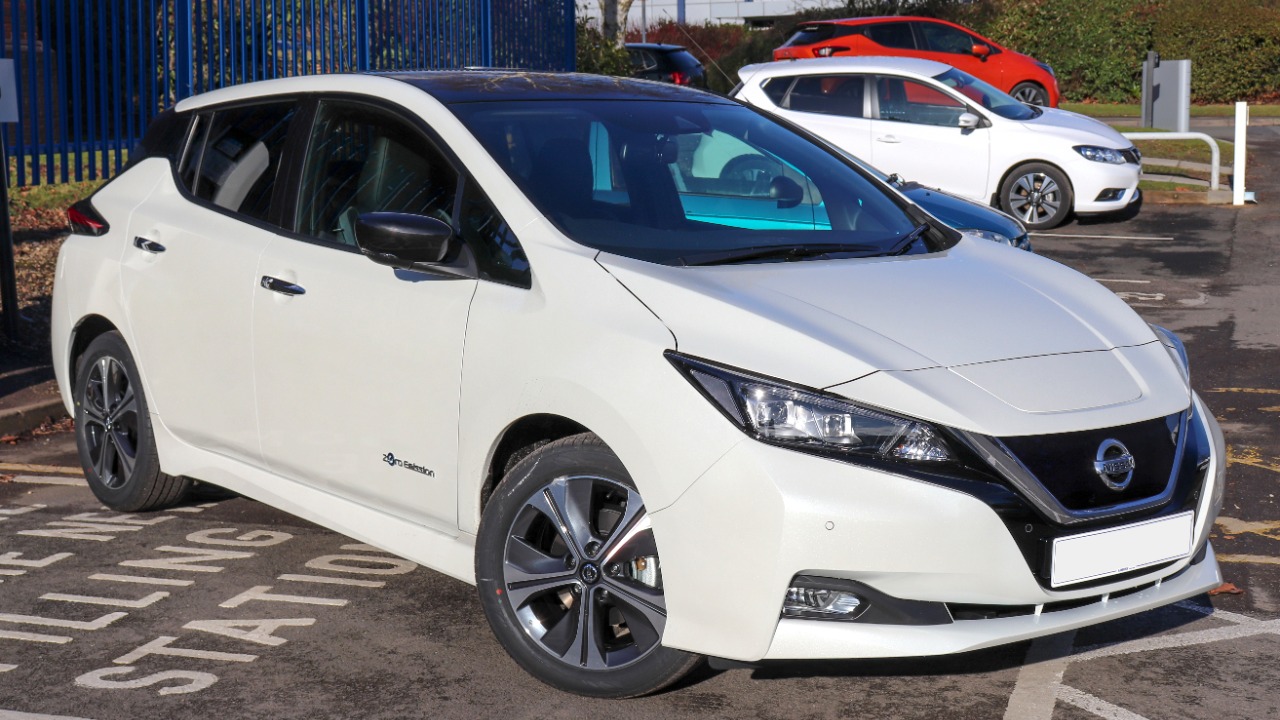
Despite their popularity, some electric vehicles (EVs) are experiencing rapid depreciation. For instance, early models like the Nissan Leaf are losing value quickly due to advancements in battery technology and range improvements in newer models. As the market evolves, older EVs become less desirable.
This rapid depreciation is partly due to the evolving nature of EV technology. According to Wired, many EVs are losing up to 50% of their value within the first year, a trend expected to continue as technology advances.
Sports Cars

Sports cars like the Chevrolet Corvette face steep depreciation due to their niche market and high initial cost. While they provide exhilarating performance, their appeal tends to wane quickly as new models are released with enhanced specs.
Owners often face high maintenance and insurance costs, which can deter potential buyers in the used market. As a result, sports cars are among the vehicles that can lose half their value within two years.
Full-Size SUVs

Full-size SUVs such as the Ford Expedition are experiencing depreciation due to changing consumer preferences and environmental concerns. With an increasing focus on fuel efficiency and emissions, these gas-guzzlers are falling out of favor.
The market shift towards more sustainable options has left full-size SUVs depreciating rapidly. The high cost of ownership, including fuel and maintenance expenses, further diminishes their appeal, leading to a drastic drop in value.
Hybrid Models
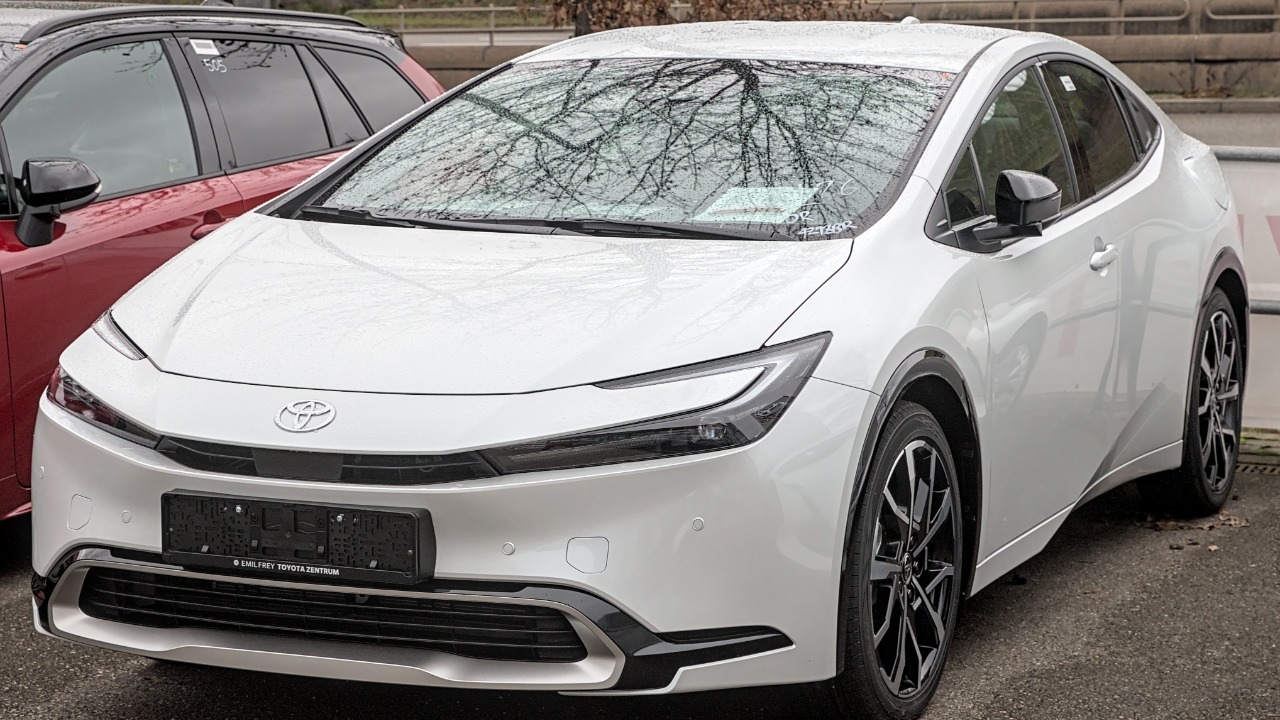
Hybrid models like the Toyota Prius are not immune to depreciation. Although they offer better fuel efficiency, the rapid development of fully electric vehicles is overshadowing their appeal. Consumers are increasingly opting for plug-in hybrids or pure EVs, leaving traditional hybrids behind.
According to a study, the market shift is significant, contributing to the depreciation of hybrid models. As a result, many hybrids are losing half their value within a couple of years.
Minivans
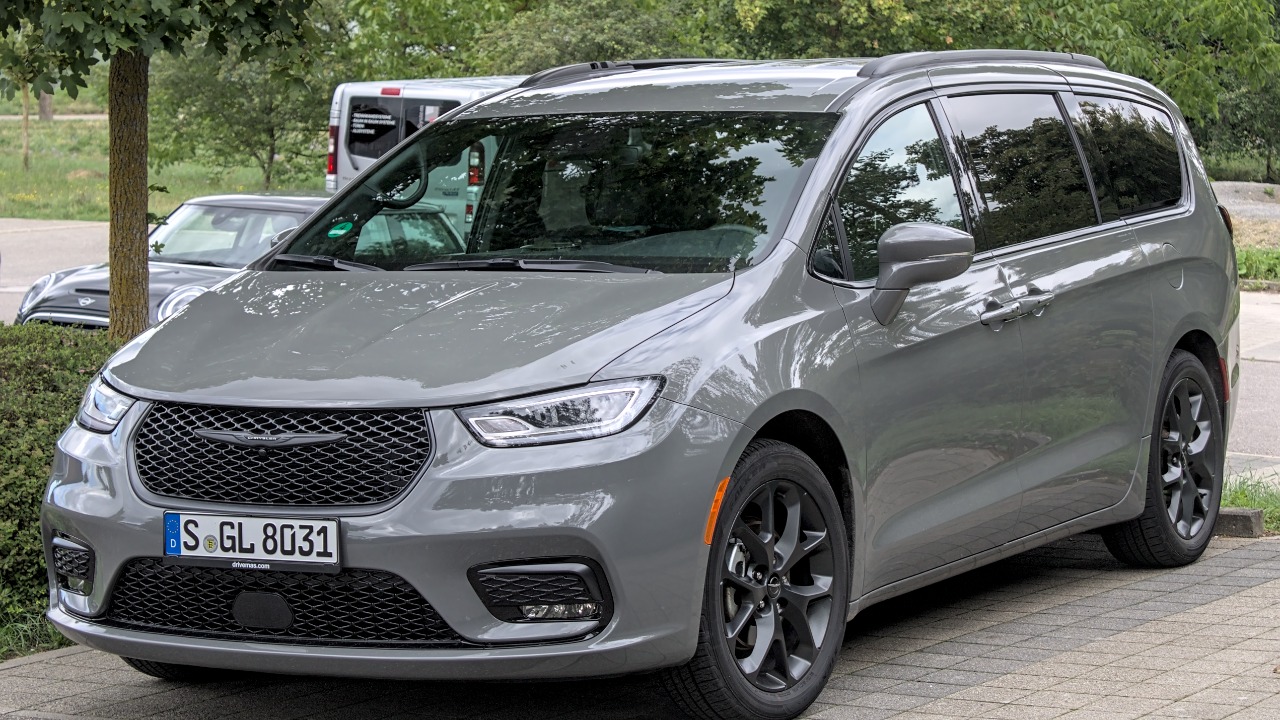
Minivans like the Chrysler Pacifica, once a staple for families, are depreciating rapidly. The rise of SUVs and crossovers, which offer similar space and features, has led to a decline in minivan popularity. This shift has contributed to their depreciation.
Despite their practicality, minivans struggle to compete with the modern styling and versatility of SUVs. As a result, they are seeing significant value loss within a short period.
Mid-Size Sedans

Mid-size sedans such as the Toyota Camry are experiencing depreciation due to a saturated market and changing consumer preferences. While they offer reliability and comfort, the preference for SUVs and crossovers has impacted their resale value.
Many buyers are also looking towards hybrid and electric options, leading to a decline in demand for traditional sedans. This market shift is causing these vehicles to depreciate rapidly.
Convertible Roadsters
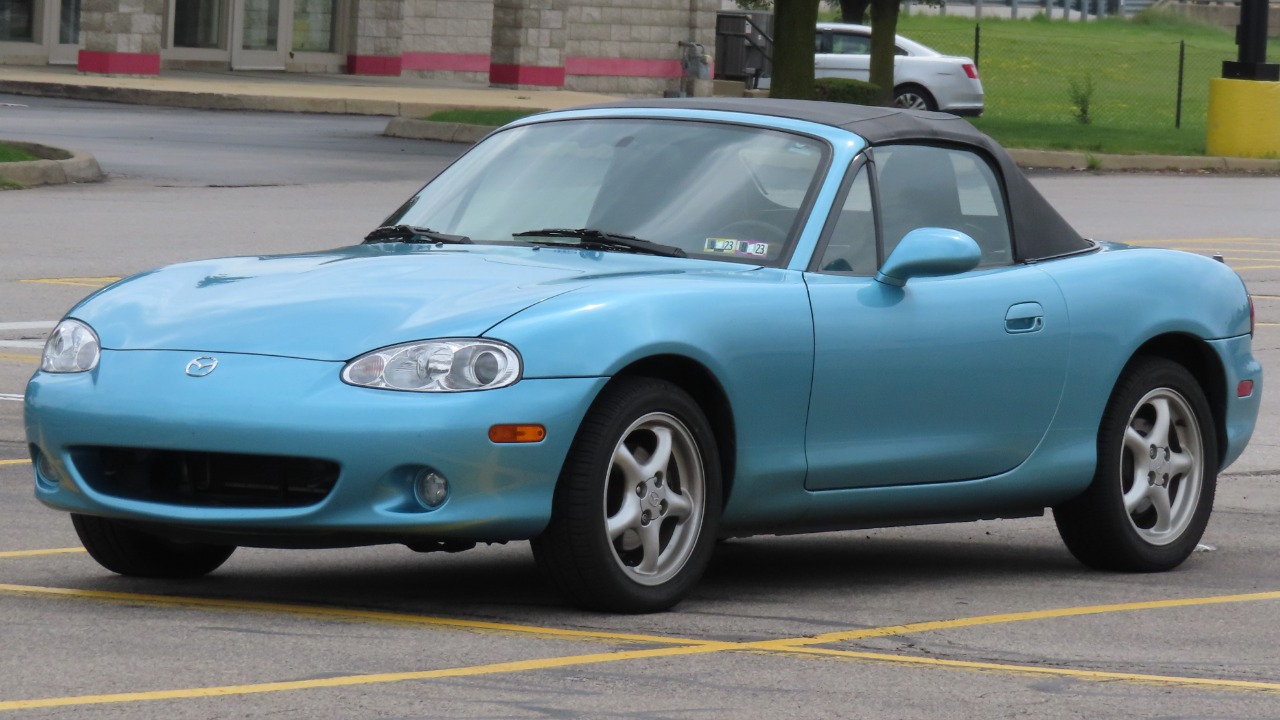
Convertible roadsters like the Mazda MX-5 Miata face steep depreciation due to their niche appeal. While they provide a unique driving experience, their practicality is limited, and they are often seen as secondary vehicles.
The seasonal nature of convertibles further impacts their resale value, as demand fluctuates throughout the year. Consequently, many convertibles are seeing their value halved in a short time frame. According to a report, this trend is expected to continue as the market dynamics evolve.